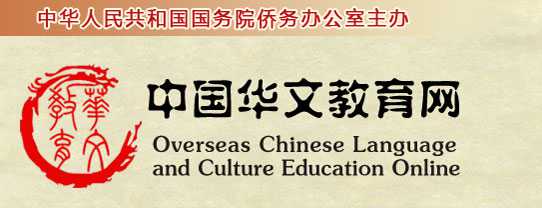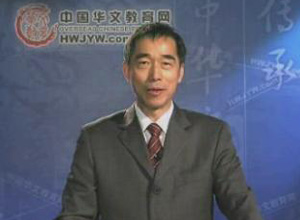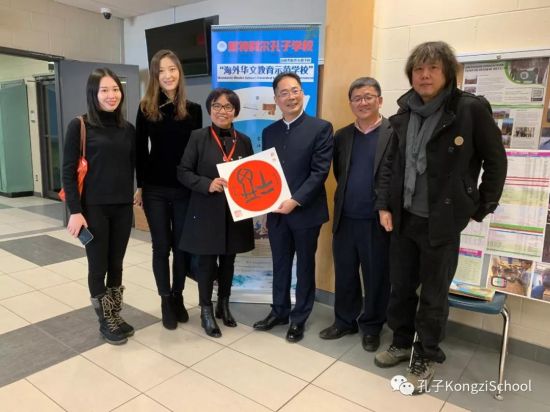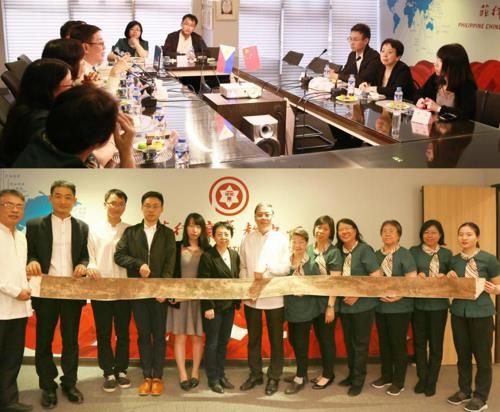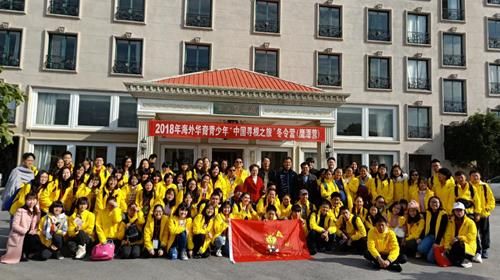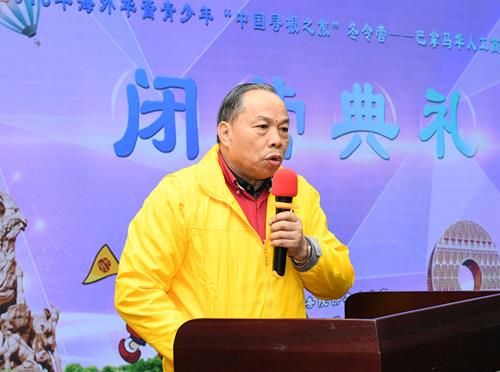|
谦虚礼让 Modesty and Comity
2009年09月03日 09:13
谦虚礼让 谦虚礼让作为中华民族的传统美德,主要包含以下内容:第一是正确地认识自己,能看到自己的不足,永不自满;第二是发现别人的长处,宽容别人的缺点,尊重别人;第三是正确对待个人的利益,懂得谦让,不居功,不争名夺利。古人把谦虚与成功的关系凝缩成“满招损,谦受益”这句话,告诫人们自满会招来损害,谦虚能得到益处。 春秋时期,有一次,孔子去拜访老子。虽然老子的年龄比孔子大,学问比孔子渊博,但他还是亲自驾车,赶到郊外去迎接孔子。这次见面,孔子虚心地向老子请教,老子耐心地一一解答。临别时,老子说,有道德修养的人要朴实,不能骄傲、贪婪、心存妄想。这些话给孔子留下了极深的印象。孔子后来说的“三人行,必有我师”,意思就是:只要有几个人在一起,其中就必定有值得我学习的老师。老子和孔子的言行对后人产生了很大影响。 战国时,赵国的蔺(l?)相如因功被封为高官,大将军廉颇居功不服,处处和他过不去。而蔺相如毫不计较。有一次,蔺相如和廉颇在路上相遇,廉颇故意挡道,蔺相如就退到一边,让廉颇先过。蔺相如手下的人认为廉颇无礼,很不服气。蔺相如对他们讲,文臣武将之间应该谦恭礼让,加强团结,这样国家才能兴旺。后来廉颇知道了这件事,觉得很羞愧,就到蔺相如家请罪。蔺相如也深为廉颇勇于改正错误的精神所感动,从此两人同心协力治理赵国。 汉代的孔融四岁时,有一天,父亲买来一些梨让大家吃。孔融挑了一个最小的。父亲问他为甚么挑最小的,他说自己年纪小,应该吃最小的,大的让给哥哥们吃。“孔融让梨”的故事在中国家喻户晓,家长们经常用这个故事教育孩子要学会谦让。 中华民族谦虚礼让的美德代代相传,至今仍然产生积极的作用。 As traditional virtues of the Chinese nation, modesty and comity are mainly composed of the following elements: first, to know oneself accurately and see one's own limitations, and never become complacent; second, to detect others' strong points, tolerate others' weaknesses, and respect others; third, to correctly treat personal interests, give each other precedence, and not to claim credit oneself, or to scramble for fame and gain. Ancient men distilled the relationship between modesty and success into one sentence ——"omplacency spells loss, while modesty brings benefit." In the Spring and Autumn Period (770-476 BC), Confucius once went to visit Lao Zi. Although Lao Zi was older and more knowledgeable, he drew a cart in person to welcome Confucius to his home. Confucius asked Lao Zi modestly for advice and Lao Zi explained various points patiently one by one. When they parted, Lao Zi said that a virtuous person should be sincere and honest, and not be proud and greedy or have vain hope. These words left a deep impression on Confucius. He later said, "if there are three men walking together, one of them is bound to be good enough to be my teacher."The words and deeds of Lao Zi and Confucius had great influence on later generations. In the Warring States Period (475-221 BC), Lin Xiangru of the State of Zhao was given a title of senior official for having rendered outstanding service to the state, but General Lian Po claimed the credit for the work, and always tried to embarrass him. Lin Xiangru never argued with him. Once, Lin Xiangru met the general in the street and the latter deliberately blocked the way. Lin Xiangru withdrew and let Lian Po go first. His subordinates were angry, considering Lian Po had behaved impolitely. But Lin Xiangru told them that officials and officers should be modest and polite, give each other precedence and strengthen unity, and in this way the country could prosper. Later Lian Po got to know this, and, feeling ashamed, he went to Lin Xiangru's house to apologize. Lin Xiangru was also deeply moved that the general was brave enough to correct his mistakes. From then on, the two acted in concert to manage the State of Zhao. When Kong Rong of the Han Dynasty (206 BC -220 AD) was four years old, one day his father bought some pears and Kong Rong chose the smallest one. His father asked him why; he said that he was the youngest and should eat the smallest and leave the bigger ones for his elder brothers. Every household in China knows the story of "Kong Rong yielding the bigger pears to his elder brothers" and parents often instruct their children through this story to learn comity.
【来源:中国华文教育网】
|
|
